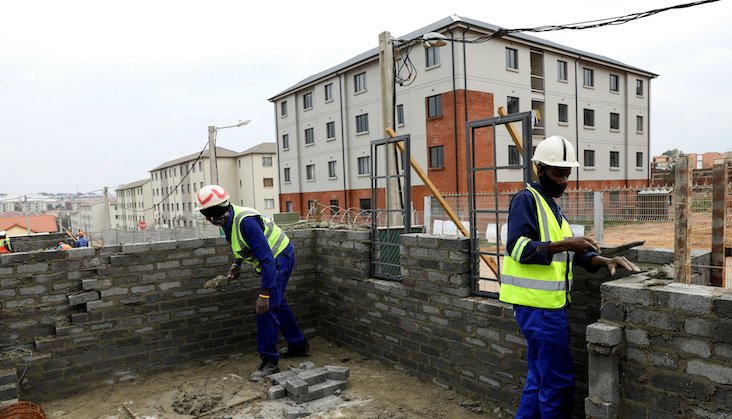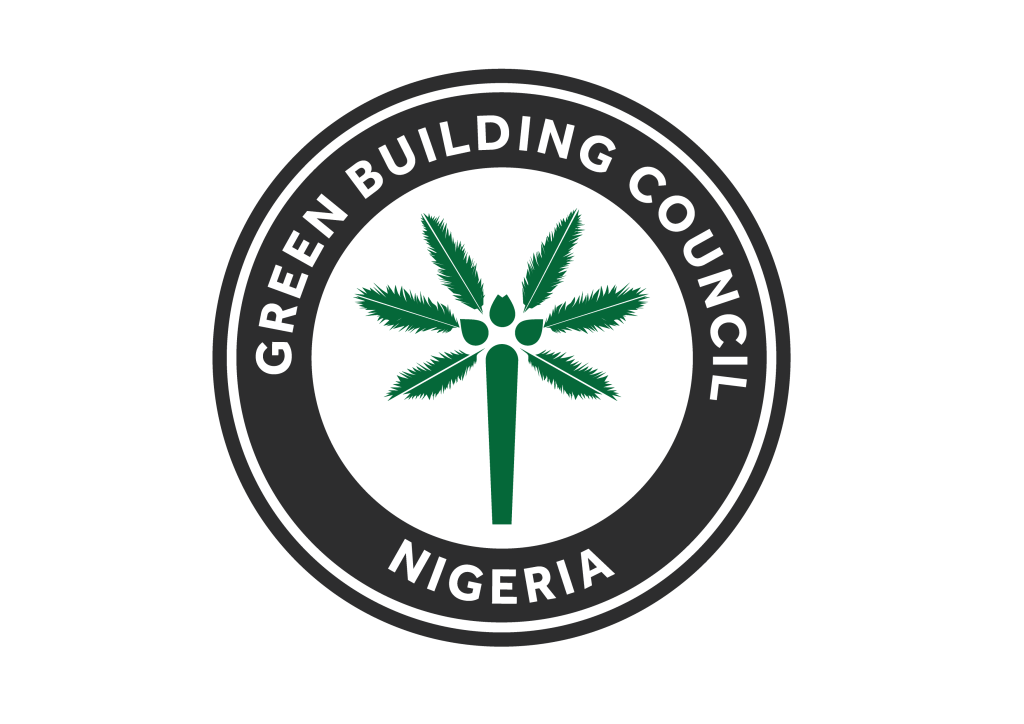Infrastructure development must be linked to a broader system of financial inclusion, a strong regulatory and institutional framework to govern service delivery and construction, resilient economic demand for services, long-term low-cost capital, and technology and innovation.
These conditions hold if Africa’s housing revolution is to become a reality. UN-HABITAT defines affordable housing as “housing which is adequate in quality and location and does not cost so much that it prohibits its occupants from meeting other basic living costs or threatens their enjoyment of basic human rights”.
What this simply means is that the cost for the average African consumer of meeting all of the above criteria is prohibitively high, while the cost for the developer of building a quality home in a location that is connected and linked to a broader infrastructure network is also high.
In recent years, Africa’s infrastructure evolution, particularly in ICT and energy, has either been defined by disruption or leapfrogging e.g. leapfrogging fixed landlines to mobile telephony or leapfrogging through fossil fuels to alternative energy. In housing infrastructure, however, you simply can’t leapfrog from millions of homeless Africans, past basic brick and mortar, to some virtual housing industry.
A revolution in other sectors like energy will only make sense in a world where Africa’s more than 1bn people have shelter or have a home to go to, and more importantly, one that is connected or close enough to their source of livelihoods. Affordable housing is itself a key driver of many of the SDGs; it influences access to basic services and the health and well-being of low-income households, providing a base for realizing both food security and energy security, sanitation and access to clean water.
The path to Africa’s housing revolution
In 2021, Africa will experience one of the biggest pan-African policy game-changers it has ever known, the Africa Continental Free Trade Area (AfCFTA) Agreement. If successful, the AfCFTA revolution will unleash a new wave of internal migration within Africa, which will lead to a significant rise in not just demand, but due to the predicted prosperity gains, effective demand, for infrastructure, including housing on the continent.
According to the World Bank, if implemented fully, the trade pact could boost regional income by 7% or $450bn, accelerate wage growth and lift millions out of poverty, and with trade liberalization, integrate Africa much more into global supply chains. The protocol on the free movement of persons, right to residence and relight to establishment, all related continental initiatives, will further accelerate this possibility
Consumer credit and mortgages
Mortgages are still only available to a small proportion of the African population. In places like Nigeria, mortgage penetration measured by total mortgage loan as a percentage of GDP is still as low as 1%, especially when compared to the country’s sub-Saharan African peers.
Unattractive interest rates, consumers’ inability to pay an upfront deposit, the lack of efficient credit check systems, a lack of long-tenured debt instruments have been amongst a handful of challenges facing the industry.
READ MORE Africa’s renewable energy projects to shine more light in 2021
However, as Covid-19 induced economic slowdowns continue to bite, commercial lending rates have come down across the continent, with rates at a much more attractive level for mortgage access.
Some trends emerged in 2020 amidst the pandemic. South Africa, Namibia, Kenya, Malawi, Gambia and Nigeria were amongst scores of economies across the globe that cut rates 207 times in total.
Nevertheless, rates are generally still high and many more intervention schemes are needed to provide relief for consumers seeking to access mortgages – Kenya, for instance, in December 2020, through the Kenya Mortgage Refinancing Company (KMRC), made its first disbursement of approximately the Kenyan shilling equivalent of N25m to four lending institutions to back 1,400 new mortgages for Kenyan homeowners.
Household income in Africa
The household income metric is frequently cited in most economic analysis. Defined as the ‘total amount of gross income generated by the individuals living within one particular household’, it is central to how governments plan economies.
Without physical housing, it is virtually impossible to utilize income as a measurement metric. In addition, as property income is often a key component of household income, especially for middle-income families, the hit to rental yields in 2020 amidst the global pandemic, has led to a weakening in household incomes.
During the pandemic, household income – particularly for the bottom of the ladder – meant that the proportion of household income spent on housing or rent increased. UN Habitat estimates that Africa’s poorest spend up to $330 billion annually on shelter, with little prospect of accessing consumer finance products.
As public and private sector stakeholders will have to face these new income realities to create microfinance products that are affordable, it also throws up a good opportunity for microfinance markets in Sub-Saharan Africa, which are expected to see a growth of 15–20 % in the next few years.
Building technology and energy efficiency are key
Our lives revolve around buildings. Investing in new energy-efficient buildings and retrofits could provide huge emission reductions and cost-savings across many cities of the world, according to the World Economic Forum (WEF).
Buildings account for 40% of CO2 emissions and offer the greatest and lowest-cost potential for reducing them. Energy used in buildings in Africa is estimated at 56% of the total national electricity consumption, underscoring the link between sustainable and affordable housing and power sector viability.
As more and more consumers move to remote working from home,residential utility bills have risen, which can be crippling if it causes strain and anxiety via consumers’ need to constantly keep vigilance over their consumption of and spending on household electricity.
In some ways, energy consumption may be manageable when consumers go about their daily business, but now forced indoors, anxiety over energy consumption will rise, and policies and education that promote energy efficiency and conservation measures for residential dwellings will be crucial.
Innovation in building technology is also key. Unconventional building technologies such as light gauge steel construction that provide significant cost savings or the popular klevabrick that creates eco-friendly housing options in South Africa and is spreading across Africa are redefining construction technology on the continent.
Across many economies, low to negative yields on many other financial assets has also made real estate investments a relatively more attractive asset class for investors seeking returns. Some African cities like Cape Town still saw robust rental yields as high as 5% despite the pandemic. But if investment in housing is to move beyond just an investment asset class to a long-term and sustainable revolution, then a broad system of financial inclusion, long-term financing, innovation, and governance will be key.

By Rolake Akinkugbe-Filani, Chief Commercial Officer – Mixta Africa
Source: theafricareport.com











